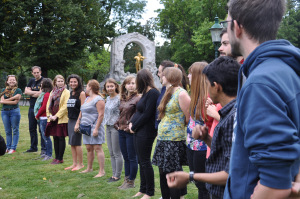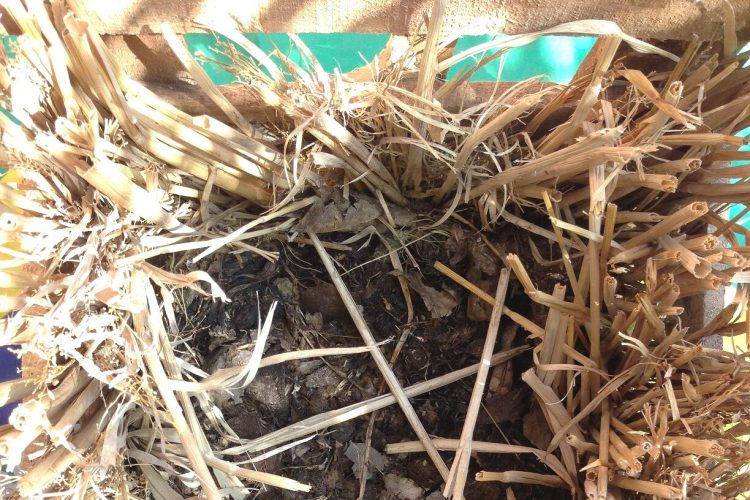oikos Bayreuth is hosting another Clothes Exchange Party to reduce waste, and overconsumption. More information (in German) here.
oikos Maastricht will visit QCP, a company which has been granted funding by Esloo and Rabobank to develop practical solutions to “reduce this pile of waste by reusing it...
The aim of this challenge organized by oikos Paderborn is to generate as few waste as possible in the event’s week. Participate! More information (in German) here.
On a very warm, windy and pleasant Vienna day, the oikos CEE Meeting 2015 commenced. Participants travelled from more than seven countries to be united in learning more about...
Abstract The case focuses on Roba Amiga, a network of organizations devoted to collect, select and sell second-hand clothes in Barcelona and its surrounding, with the aim of...
We are thrilled to introduce the first project of our newly established oikos chapter in Pune. The i-GREEN initiative, which aims to clean rivers in the region, has already...
Case Abstract In 2001 Tom Szaky, a Princeton freshman, founded TerraCycle in the hope of starting an eco-capitalist company built on waste – worm waste to be exact....
Case Abstract This case discusses The ReUse People, an organisation that specialises in deconstruction of buildings, with the aim of reusing as much of the materials as possible,...



